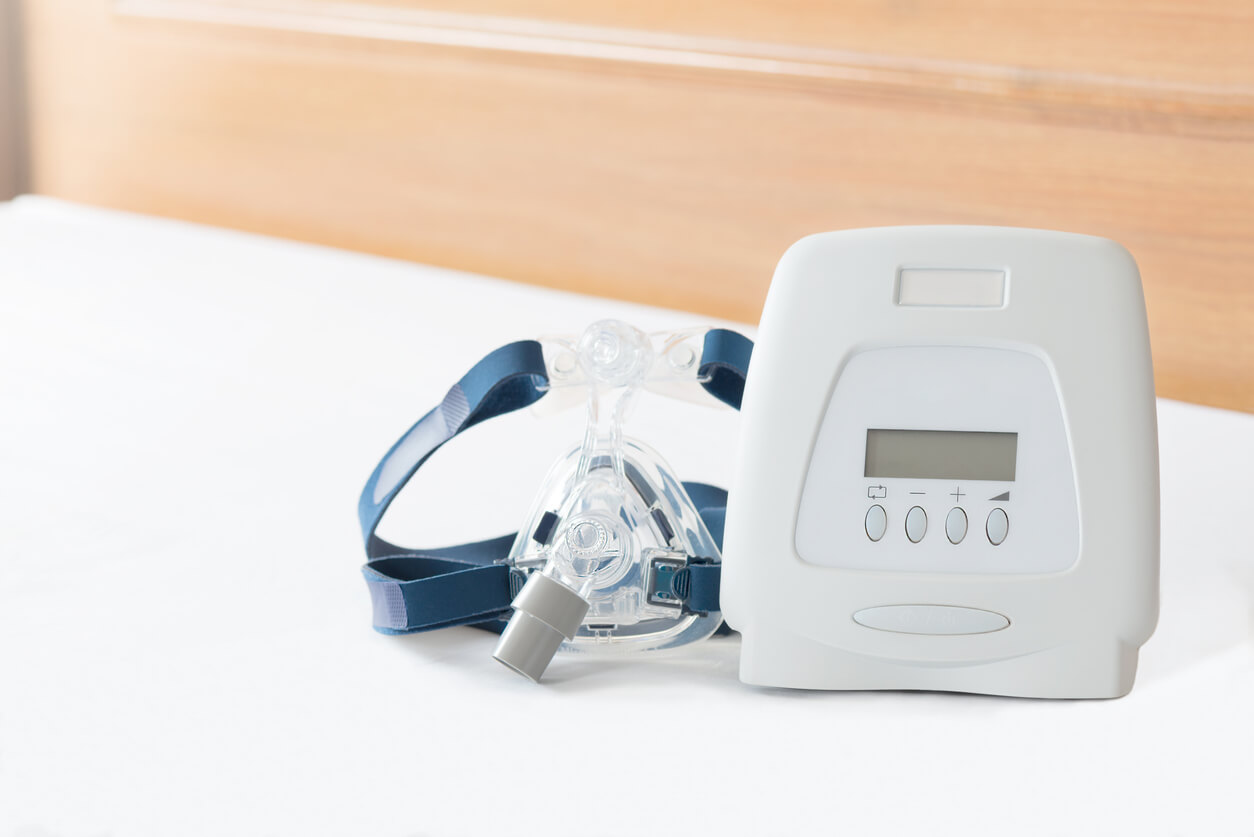Philips Respironics Halts U.S. CPAP Sales
Editors carefully fact-check all Consumer Notice, LLC content for accuracy and quality.
Consumer Notice, LLC has a stringent fact-checking process. It starts with our strict sourcing guidelines.
We only gather information from credible sources. This includes peer-reviewed medical journals, reputable media outlets, government reports, court records and interviews with qualified experts.

Philips Respironics announced it will stop all new U.S. sales of its CPAP and BiPAP machines as part of a settlement with the U.S. Food and Drug Administration.
The company disclosed the decision in late January in a Securities and Exchange Commission filing. It will continue to service its Philips CPAP, BiPAP and respirator devices already in use in the U.S. and revealed it set aside approximately $393 million in the last quarter of 2023 for remediation activities.
“Patient safety and quality remain Philips’ highest priority across the company. Resolving the consequences of the Respironics recall for our patients and customers is a key focus area and I acknowledge and apologize for the distress and concern caused,” Roy Jakobs, CEO of Royal Philips, said in a statement.
“We are fully committed to complying with the consent decree, which is an important step and provides a clear path forward.”
A multiyear consent decree, which is being submitted for court approval, will provide Philips Respironics with a “roadmap of defined actions, milestones, and deliverables to demonstrate compliance with regulatory requirements and to restore the business,” the company stated.
Philips Respironics expects to pay more than their saved $393 million for the settlement and other costs, as reported in the SEC filing. The consent decree will not impact sales outside of the United States.
CPAP Troubles Began in 2021
Millions of Philips sleep apnea breathing machines were recalled in 2021 after reports that polyester-based polyurethane (PE-PUR) foam used for sound abatement was breaking down, releasing bits of foam and toxic gases into users’ mouths.
The FDA logged over 105,000 complaints, including 385 deaths, related to the Philips sound abatement issues, according to the agency.
After the recall, the FDA ordered Philips to begin testing the foam to assess any potential health risks that could be associated with the degraded foam and provide links to the testing for review by health care providers and registrants. Philips secured independent testing, but the FDA was not satisfied.
“We do not believe that the testing and analysis Philips has shared to date are adequate to fully evaluate the risks posed to users from the recalled devices,” Dr. Jeff Shuren, director of the FDA’s Center for Devices and Radiological Health wrote in an October statement.
“Although Philips concluded that the exposure to foam particles and VOCs from these devices is ‘unlikely to result in an appreciable harm to health in patients,’ the FDA believes additional testing is necessary,” according to the statement.
History of Troubles for CPAP Maker
The troubles for Philips Respironics didn’t end after the massive 2021 recall.
In February 2023, Philips reported that approximately 1,200 DreamStation CPAP devices in the U.S. and France had been mistakenly programmed with wrong or duplicate serial numbers.
In April, some machines that were repaired and sent back to users had to be recalled again after it was found they were programmed incorrectly and failed to deliver the appropriate therapy for each patient.
In November, the FDA warned that some Philips CPAP machines could overheat and cause a fire.
Then in December, Philips agreed to pay $479 million in a class-action settlement to people who purchased, leased or rented certain Philips Respironics devices. The claim filing period for that issue will close on Aug. 9. To determine eligibility, Philips CPAP users can go to the settlement website.
People who used Philips’ recalled CPAP machines have filed Philips CPAP lawsuits after experiencing injuries. These lawsuits claim the Philips CPAP devices are defective and the company did not adequately warn people about the risk of serious injury.
The class-action settlement does not impact the personal injury lawsuits.